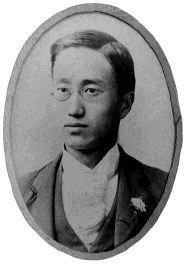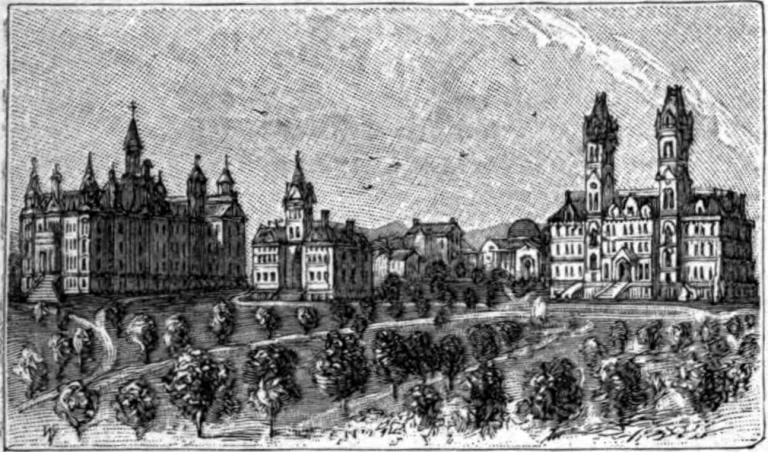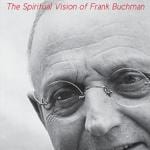What did a Korean Protestant make of Dixie in the late nineteenth century? Consider the case of Yun Ch’iho.

Yun was a member of the Korean aristocracy, a scion of the prestigious and powerful Haep’yong clan. He enjoyed all the privileges of the royal Court, which included wealth and education.
Until he didn’t. After being wrongly implicated in an abortive Korean reform coup, Yun fled to Japan in 1884. Then he went to China, where he was converted to Christianity by a Methodist Episcopal missionary. Seen as a young man with much potential, Yun was sent by church leaders to Vanderbilt and Emory to study theology.
America, Yun was told, was a promised land. But he quickly realized that was not true for nonwhites. Hotels in Kansas City refused to give him lodging, and so he had to sleep overnight in the railroad station. As William Yoo, author of the terrific book American Missionaries, Korean Protestants, and the Changing Shape of World Christianity, 1884-1965, puts it, “As he better understood the social scripts embedded in American culture, Yun received an education in racial inequality, white privilege, and sexual boundaries.”

Yun may have been a quick study in religious studies. He got high A’s in theology and homiletics in his first year at Vanderbilt, his professor remarking that Yun “possessed the keenest mind of any student who sat in his classes of over forty years of teaching.” But he could not solve the problem of race. As the years passed, the list of Yun’s grievances grew:
- He was allowed to preach in some white Protestant churches in Tennessee and Georgia, but not all of them. Even those who welcomed him to the pulpit ostracized him in other settings.
- As a Korean, he did not fit the black-white binary of Jim Crow, and it was rarely clear how he would be treated. In the end, he was intensely conscious of ethnicity in America. Most white southerners treated him better than they treated African Americans, but they did consistently demean his homeland. They described Korea as a country where the government was “bad, people poor, houses wretched, streets filthy.” A missionary told him that “he would rather be hanged than to be a minister to Corea.” As Yoo puts it, “racial identity trumped religious confession.”
- He had difficulty making friends. Yun longed for female companionship, writing in his diary that he “admired the striking beauty of several white women he met in TN and GA and wished to marry one.” But school administrators warned him about associating too closely with female students. A professor’s wife told him “Even if you stayed long, who would have you for a sweetheart—you are a Corean!” As his classmates got engaged and married, Yun lamented that he made almost no genuine friendships in America. In his diary, he lamented that “no American girl of social standing, of education and of beauty would condescend to marry me.”
- He struggled to integrate these new experiences into his own identity. In his diary, he wrote, “I wish I belonged to a nationality which I may think of without shuddering with disgust and blushing with shame. Poor Corea! Beautiful Corea!”
These experiences chastened Yun’s belief in America. In 1885, the exiled Korean described the United States, according to Yoo, “in glowing terms as a kind and generous nation and longed to breathe the civilized air of the West.” After eight years, he felt differently, writing, “Who knows but that one of those days the nations whom the American condescends to call barbarians and savages will put the cap on the world’s civilization?”
He connected his experiences with others laid low by the “civilized” West. He spoke of Britain’s opium trade with China and the unjust treatment of indigenous peoples in North America. He was revolted by the influence of social Darwinism. Expecting missionaries to be “human ambassadors of divine grace and universal justice,” he discovered that some detested their potential converts because of their race. After hearing one missionary’s racist sermon, he refused to partake in the Lord’s Supper with him. “What he said about the people here not even thinking of Chinamen and Japs as their equals kept me from the Lord’s table. For if the people are too proud to regard us as equals, then I am too proud to claim that equality by taking the Supper with them.”
Complicating this narrative is Yun’s own troubling racial views. He criticized this same missionary for classifying Asians on the same level as African Americans. This, he said, was “very unfair and unjust.” Indeed, Yun’s diary, which critiques Southern whites for mistreating blacks, itself exhibits a deep racism. As he visited black churches, he was turned off by preaching that he said contained “no text, no logic, no rhetoric, no grammar.” He described the sermon as “a string of inarticulate sound and articulate nonsense seasoned with Scripture quotations or allusions,” and he dismissed the dancing, fainting, embracing, shrieking, and kissing he observed in African American worship.
It can be tempting to tell single stories of non-American Christians as either benighted savages or naïve innocents—and of American internationalists as either cold imperialists or compassionate saviors. But globetrotting Christians, when understood in the fullness of their contexts and complexities, consistently defy such tropes. Yun Ch’iho, as depicted by Yoo in this skillful and empathetic history, embodies these realities.













